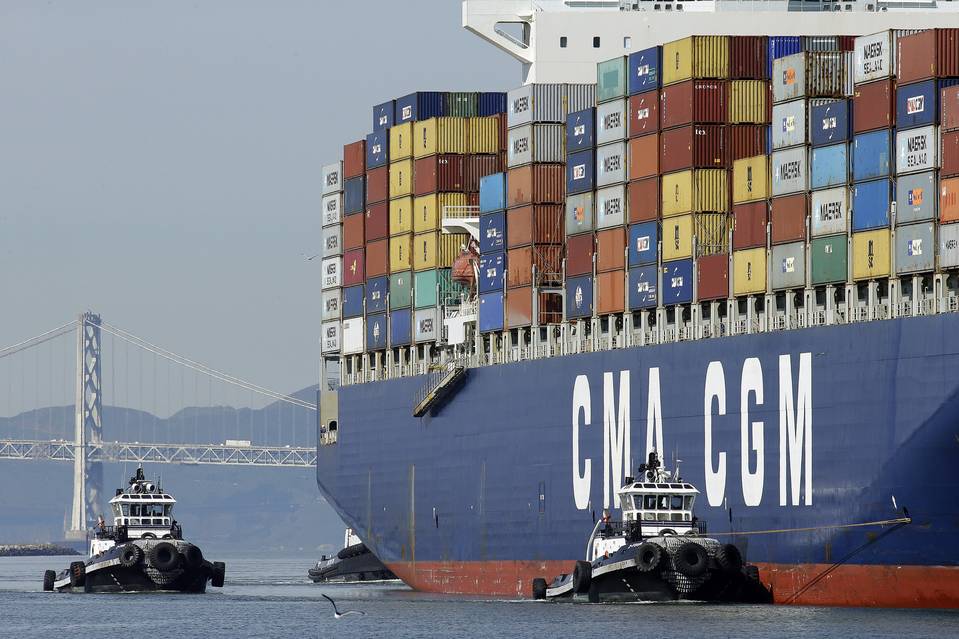Following the reported increment in the charge of Personal Identification Number (PIN), clearing agents have condemned Grimaldi Shipping Company’s plans to charge N25,000 before importers would obtain the PIN.
Investors King learnt that the PIN is usually used for imports that do not have a bill of lading.
In the case an importer does not have a bill of lading, a PIN would be sent from the port of origin to the importer and this would be used to clear the cargo at the port of destination in place of the original bill of lading.
Grimaldi Shipping Company, a subsidiary of Ports & Terminal Multipurpose Limited, had in a circular dated January 24, 2023, announced that the PIN release charge with effect from February 1 would be N25,000 as against about N10,000 it was being charged.
The company had said it took the decision because of rising costs of items around its business environments, saying that its customer ought to have understood the situation at hand.
Because of the hike in prices of goods, the company said it reviewed the shipping PIN charges upward.
According to Grimaldi, customers would start paying for the new charge from February 1, 2023 and that the PIN release fee would be N25,000 per bill of lading.
It said customers may continue to secure release submission of the original bill of lading, which is at no extra cost.
Aggrieved by the increment they described as outrageous, the clearing agents argued that it was not compulsory for an importer to pay for what they might not need as the charge would affect importers.
While noting that other shipping companies do not charge for PIN release as high as Grimaldi does, the agents said the new policy would not stand.
Speaking, the Deputy President of the National Association of Government Approved Freight Forwarders, Ugochukwu Nnadi, who is in charge of shipping and terminal services, said the company raised the PIN release fee from about N10,000 to N25,000.
Nnadi said other shipping companies do not charge as high as what Grimaldi issued, and urged it to reverse it.
He said the association would take further steps to press for the reversal of the PIN release fee, lamenting that the association had written the Nigerian Shippers Council and the Council for the Regulation of Freight Forwarding in Nigeria over the development, but there was no solution as at the time of this report.
He said other shipping companies charge between N7,000- N12,000 but noted that Grimladi charges as high as N25,000, which he described as unacceptable.
According to Nnadi, shipping companies do not have the right to charge for PIN release before releasing cargo.
In his remarks, a freight forwarder, Mr George Okafor, said they would keep meeting the company for it to rescind the new upward review adding that the fee was N10,000 before it was jacked up to N25,000.
A staff with Mediterranean Shipping Company, who spoke on the condition of anonymity, noted that it charge between N7,000 and N10,000 as its documentation cost.


 Forex2 weeks ago
Forex2 weeks ago


 Naira1 week ago
Naira1 week ago
 Naira4 weeks ago
Naira4 weeks ago
 Company News4 weeks ago
Company News4 weeks ago
 Billionaire Watch1 week ago
Billionaire Watch1 week ago




 Naira2 weeks ago
Naira2 weeks ago




 Naira1 week ago
Naira1 week ago




 Naira3 weeks ago
Naira3 weeks ago









